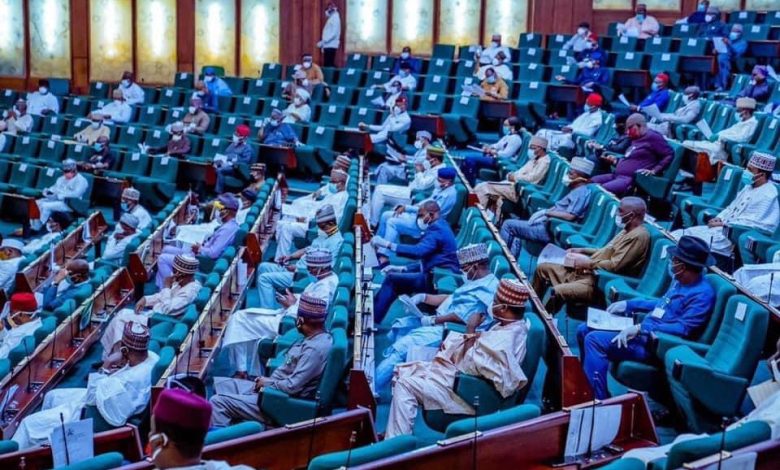Reps take action to stop illegal harvesting and commercialization of human eggs in Nigeria

On Thursday, November 21, the House of Representatives took a stand against the growing issue of illegal human egg harvesting and commercialization in Nigeria. The lawmakers urged the Nigerian government to step up efforts to stop this illegal practice, which raises serious health, legal, and ethical concerns.
The motion was introduced by Kwamoti Bitrus La’ori, a member of the House representing Demsa/Numan/Lamurde Federal Constituency in Adamawa State. La’ori, who also serves as Chairman of the House Committee on Cooperation and Integration in Africa, highlighted the increasing demand for assisted reproductive services in Nigeria as a key factor driving the illegal egg trade.
He explained that Nigeria’s healthcare system, particularly regarding reproductive health, is still developing, and that this gap in regulation has allowed the practice to flourish. La’ori also noted that rising infertility rates have led to a growing demand for human eggs, which has unfortunately resulted in exploitative practices.
According to the lawmaker, illegal egg harvesting often targets vulnerable women, particularly teenagers from poor backgrounds who are unaware of the health risks involved. He shared an example from 2021 when Nigerian authorities uncovered an illegal egg harvesting scheme in Lagos. A network of medical professionals and agents had lured young women, mostly students or low-income earners, with promises of money in exchange for their eggs.
Women were reportedly paid between N200,000 and N500,000 (approximately $120 to $300), far below international rates, for their participation in the scheme. Many of these women were unaware of the medical procedures and the potential risks, with some suffering from ovarian hyperstimulation syndrome (OHSS) and other serious health complications. One incident even led to an investigation by the National Agency for the Prohibition of Trafficking in Persons (NAPTIP).
La’ori also raised concerns about a fertility clinic in Abuja that was found in 2022 to be involved in the illegal commercialization of human eggs for foreign clients. This clinic reportedly misled women by offering them false promises of being part of legitimate egg donation programs while inflating egg prices for international couples.
The lack of comprehensive legislation in Nigeria to regulate reproductive health, including egg donation and commercialization, has allowed these illegal practices to continue. While the National Health Act provides some general guidelines, specific regulations for egg donation are still missing.
The lawmaker pointed out that the worsening economic situation in Nigeria has made many young women vulnerable to exploitation, as they seek financial relief by participating in these illegal practices without fully understanding the health risks or the ethical issues involved.
In response to the motion, the House of Representatives adopted several measures. They urged the Federal Ministry of Health and Social Development, along with the Ministry of Women Affairs, to create support systems for women who have been involved in egg donation. These support systems would address health complications and the psychological effects of egg donation.
The House also called on the Ministry of Health and the Ministry of Information and National Orientation to increase public awareness about the risks and ethical concerns surrounding egg donation. This would help potential donors make informed decisions and discourage them from becoming victims of exploitation.
Finally, the House tasked its Committee on Healthcare Services with investigating the rise of illegal egg donation and assisted reproductive practices in Nigeria. The committee was asked to report back within four weeks with recommendations for preventing further incidents and ensuring compliance with regulations.





